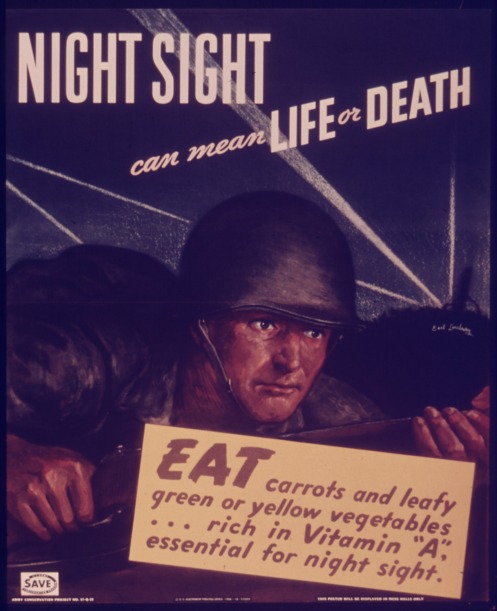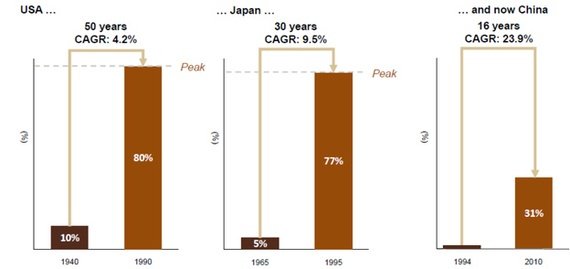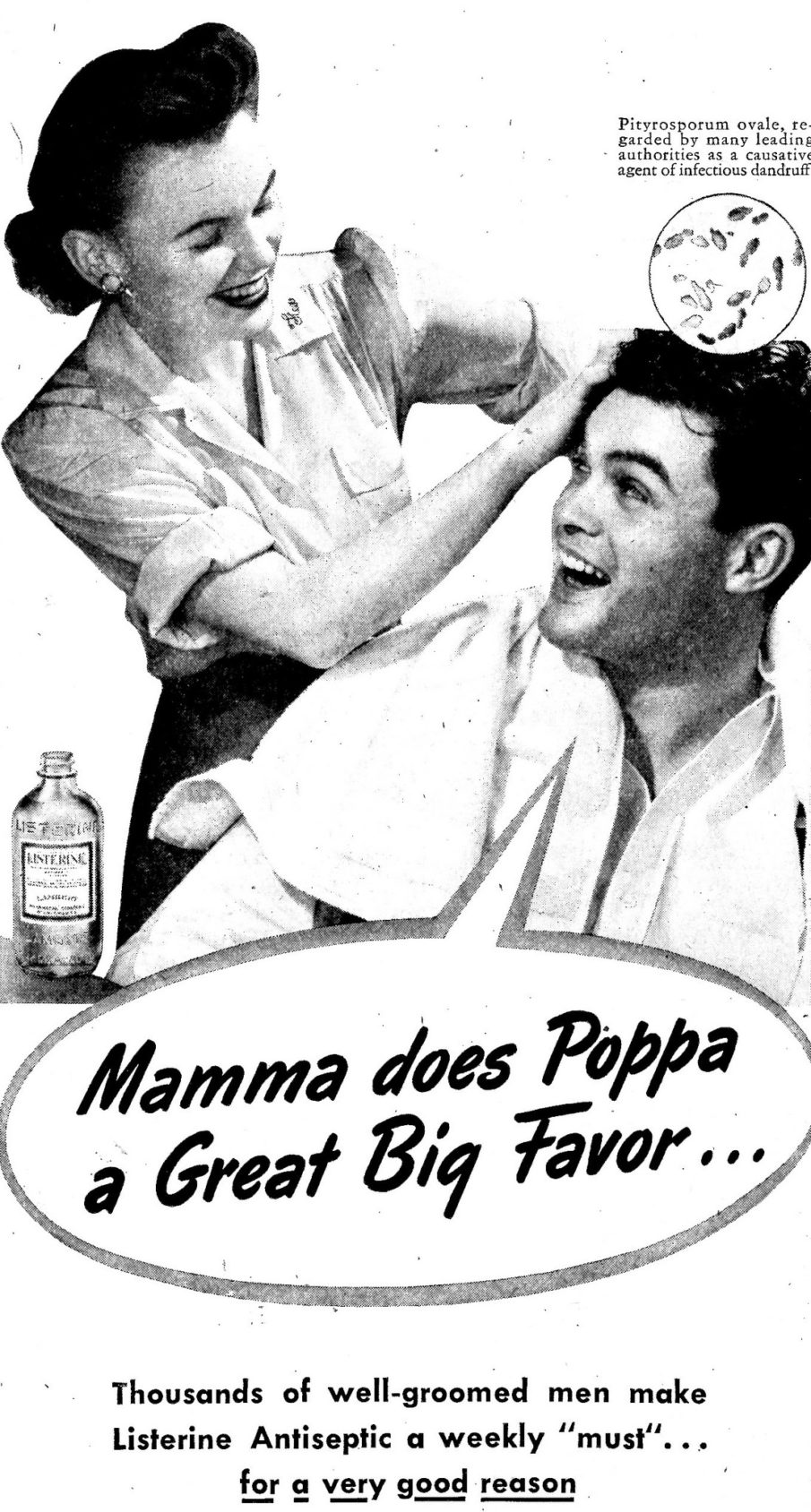There have been a number of debates raging within the United States about the effort and efficacy of Russian attempts to exert influence over the 2016 presidential election. President Trump, himself a controversial figure regardless of accusations of Russian collusion, has been at the center of the discussion throughout — with his opposition arguing that his presidency was secured through Russian information operations, and his supporters staunching denying the lasting effect such a campaign could actually have on the voting public.
The truth of the matter is, we’ll likely never be able to know the degree to which Russian efforts did influence voters because influence is difficult to quantify in the short term. The media tends to treat Russian meddling like a virus: if it reaches you, you’re affected, and we can tally your vote as among those that were swayed by the Kremlin’s efforts. It makes for more easily digestible think pieces, certainly, but it also grossly oversimplifies the way narrative and perception management campaigns work, creating a dangerous illusion of self-inoculation against disinformation. Americans, on average, believe themselves to be smarter than average Americans, so as we read stories about information campaigns affecting voters, most see it as a dangerous affliction targeting the other party, the dumber Americans, or only the types of people that are still filling your inbox with e-mails with FWD:FWD:FWD:FWD in the subject line.
This sense of perception management campaigns being a threat to someone else serves to bolster malign efforts, as we assure ourselves that our opinions are well informed and factually correct (many Americans also struggle to differentiate between facts and opinions) – when reality couldn’t be further from the truth. Information operations are effective on all sorts of people, from all walks of life and with all levels of education or intellect. We’ve studied it extensively, even weaponized it to a certain degree — the research has just been largely conducted outside the auspices of government, so we don’t call it propaganda, we call it something else: marketing.
At their cores, propaganda and marketing operate in very similar ways — it’s really only the intent that solidly differentiates one from the other at the conceptual level. Marketing aims to use language and imagery to elicit a shift in your perceptions of a particular product or organization to its benefit, while propaganda aims to do the same but in favor of a government or political enterprise. The same practices (like the use of word repetition to frame topics, witty and concise slogans, making seemingly grand claims, and convincing you that others are already on the “bandwagon”) can be found in efforts to convince you to choose Tide in the laundry detergent aisle and in the talking points of politicians trying to sell you on a new social program, and with good reason: these techniques tend to work. It’s not because the general public is stupid or uneducated, it’s because we’re human — and there’s a great deal of money involved in finding ways to manage your perceptions of the world at large.
The world we live in today has been, in many ways, shaped by the concerted narrative efforts of marketers and propagandists long past — here are just a few examples of the ways previous perception campaigns have shaped our society:
We still think carrots improve your vision thanks to World War II propaganda.

There is absolutely no scientific evidence to support the idea that eating carrots will improve your vision. While it is true that the Vitamin A (in the form of beta-carotene) you get from carrots can be beneficial to eye health, the only way adding carrots to your diet would have any effect on your ability to see is if you were suffering from a severe vitamin deficiency before you start — so why do we still associate eating carrots with good vision today? Because the U.K. spent a great deal of time and money convincing the world of it in World War II.
The Second World War saw the first ever air battles that took place at night — as German bombers approached England under cover of darkness and RAF fighters were dispatched to intercept. Eventually, though, the Brits began equipping their fighters with early onboard radar systems that would allow them to detect the encroaching bombers well before they could see them with the naked eye through the night skies but they didn’t want the Nazis to know that. In order to explain away their success in the skies, Britain launched a propaganda campaign aimed at convincing the world U.K. fighters simply had superior vision to their opponents — thanks to a healthy dose of carrots in their diet. Decades later, the effects of that campaign persist in the minds of many.
An ad campaign invented diamond engagement rings in the 1930’s.
Today, the word engagement evokes some specific imagery – and for most of us, that specific image is of a diamond ring. Culturally, we’ve come to accept the idea that “diamonds are forever,” and that a hand isn’t truly promised in marriage until its adorned with a rare and precious stone that carries a social significance we all immediately understand: that diamond on her finger means she’s no longer a member of the single scene.
You could be forgiven for thinking the significance of a diamond in the engagement process is a holdover from historical traditions, or that a diamond’s rarity in some way mirrors the rarity of your true love but the truth is, there’s no historical precedent for diamond engagement rings and diamonds themselves aren’t even all that rare. Both concepts are actually the product of a DeBeers advertising effort that was launched in the 1930s here in America and remains ongoing elsewhere in the world today.

As you can see in the chart above, by 1940, DeBeers had convinced 10% of Americans to use an engagement ring to signify their engagement, but by 1990, that number had risen to 80%. Japan saw similar growth between 1965 and 1995, and the effort to convince China’s citizens to get on board with the engagement ring concept is still taking root. We see diamond engagement rings as a cultural touchstone, a symbolic gesture but in truth, we do it because our grandparents (or parents in some cases) were convinced to by advertising — that’s it.
Halitosis is a medical condition Listerine made up to sell mouthwash.
When Listerine first hit the market, it was used for a variety of purposes: from cleaning wounds to cleaning floors, but it wasn’t long before the company came to realize that their formula was uniquely suited for combating bacteria in the mouth — where sterile salves and creams simply wouldn’t work. They quickly shifted their marketing approach to suit but found that sales didn’t quite take off as quickly as they’d hoped.

It turned out, mouth bacteria wasn’t as high on the list of people’s concerns as cleaning their open wounds or bathroom floors, so the folks peddling Listerine needed to devise a reason for you to need to clean your mouth every day. Fortunately for them, the late 19th and early 20th century was a time ripe with social anxieties and new products aimed at offsetting them. Listerine leaned into this concept, launching a new campaign targeting single women that were having trouble finding a husband, but further, they suggested that the problem wasn’t just social — it was medical.
The word they devised was ominous and seemingly scientific: halitosis — a combination of the Latin word for breath (halitus) and the doctor-y sounding suffix of “-osis.” And just like that, a pseudo-medical condition was born.
Things aren’t different today.
We have a bad habit of thinking of our ancestors as unintelligent. While it is true that we’re a collectively more savvy society than our less connected forebearers, they were made up of the same emotions, anxieties, and bundle of organs that we are today. New campaigns that aim to shift the way you perceive products, organizations, people and endeavors are starting every day; whether it’s relating a Japanese car company to the Australian outback (Subaru), or trying to convince the world American troops are supporting ISIS in Syria (Russia), a successful perception management campaign doesn’t aim to change your mind, it aims to nudge you ever so gently until you change your mind on your own. That’s the real trick of marketing and propaganda: they never tell you what to believe (because those efforts are often less effective) — instead, they engage with your existing beliefs in such a way that lets you change your own mind.
And we’re all susceptible to that (the writer exclaims as he takes a sip of veteran-branded coffee).
Feature image courtesy of Victorgrigas [CC BY-SA 3.0], from Wikimedia Commons.










COMMENTS